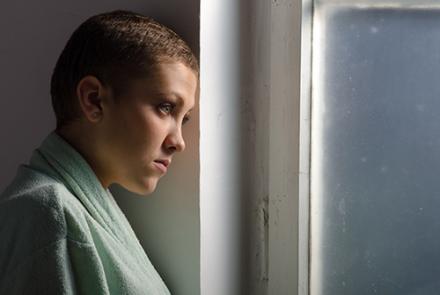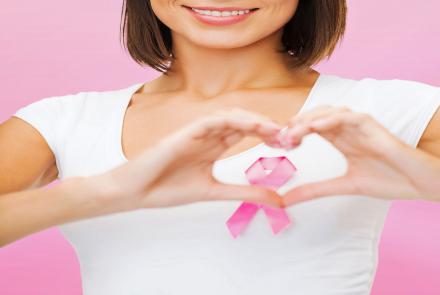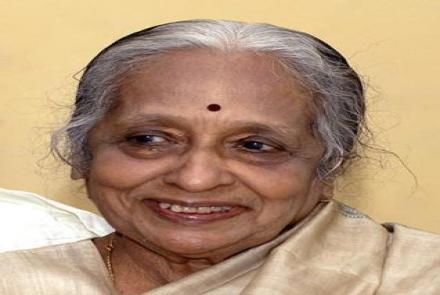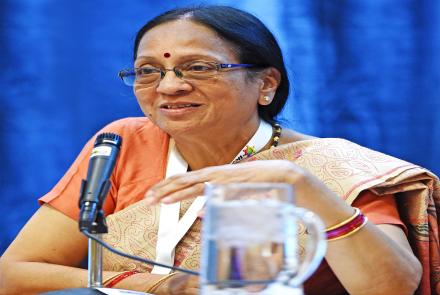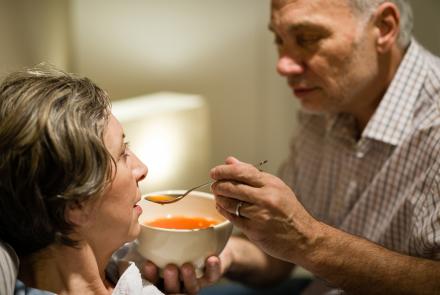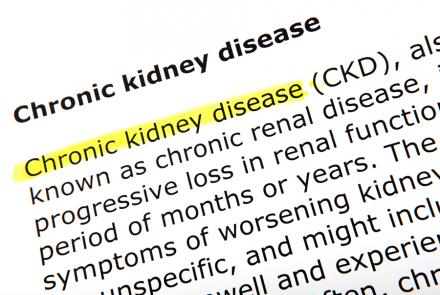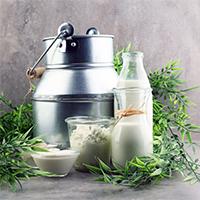
This time in our Health by Numbers/Medical Tests series, Dr Shital Raval takes a look at the importance of Calcium levels in the metabolic panel.
Read the previous parts on Sodium Levels, Potassium Levels and Chloride Levels
CALCIUM:
Calcium is an important component of our bones, teeth, nerve cells and organs such as heart and kidneys. A blood calcium test is ordered if there are any symptoms of any bone or neurological disorders, kidney stones etc or can be a part of a Comprehensive Metabolic Panel.
Calcium found in the body can be in free or bound state which is usually very balanced. The calcium test indicates the amount of free calcium present in the blood. Calcium is regulated by the parathyroid hormone (PTH) which is secreted by the Parathyroid glands. Increased PTH causes more calcium to be released in the blood.
If calcium is found to be abnormal, more testing is required to diagnose the underlying condition. These tests commonly include measurement of urine calcium, phosphorus, ionised calcium, magnesium, vitamin D, parathyroid hormone(PTH) and PTH related peptide. Ionised calcium test is used for patients who have lost balance of free and bound calcium; such patients either are undergoing surgery, blood loss, blood disorders, on IV fluids etc.
Calcium monitoring is needed for patients who are on calcium or vitamin D supplements, have any kidney disorders, and suffer from cancer.
The corrected total serum calcium concentration is normally 8.5-10.2 mg/dL.
Low calcium levels:
Lower than normal levels or Hypocalcemia may be due to:
- Insufficient calcium in the diet
- Decreased levels of vitamin D
- Parathyroid gland abnormality such as poor functioning(hypoparathyroidism) or resistance.
- Magnesium deficiency
- Increase in phosphorus levels
- Pancreatitis
- Kidney failure
High calcium levels :
Higher than normal levels or Hypercalcemia may be due to:
- Excess vitamin D intake
- Increase in parathyroid function (hyperparathyroidism)
- Cancer especially when it has spread to the bones
- Prolonged immobility (when bones don’t bear weight, they release calcium)
- Certain drugs such as lithium, thiazide diuretics etc
- Kidney transplant
- Diseases such as TB, Sarcoidosis, AIDS etc.
Foods that contain calcium :
- Dairy products like milk, cheese and yogurt.
- Sardines with the bones
- Vegetables like broccoli, bok choy, turnips etc.
- Dark greens like spinach, kale, watercress, collard greens etc.
Read the previous parts on Sodium Levels, Potassium Levels and Chloride Levels




